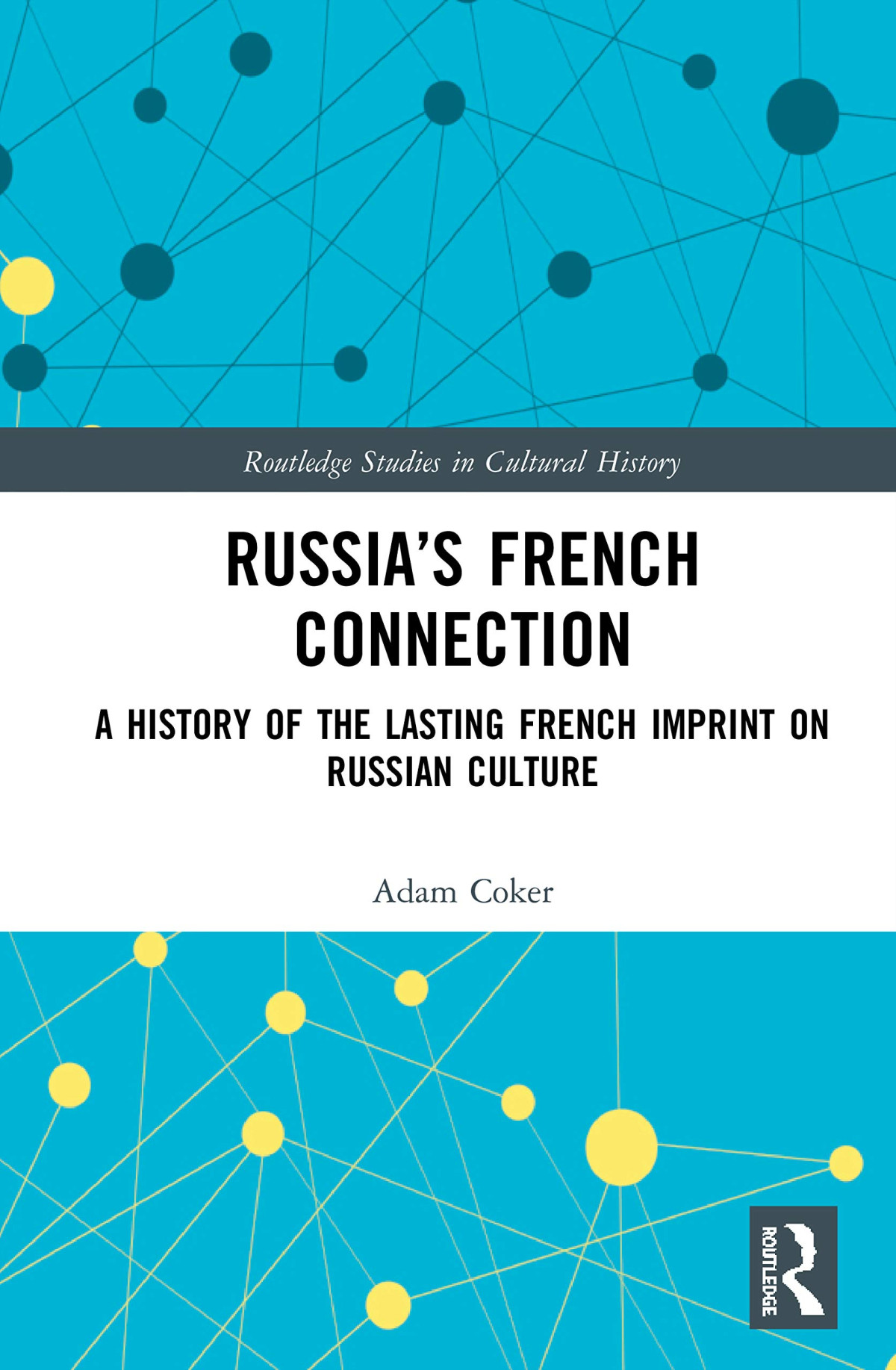

Most ebook files are in PDF format, so you can easily read them using various software such as Foxit Reader or directly on the Google Chrome browser.
Some ebook files are released by publishers in other formats such as .awz, .mobi, .epub, .fb2, etc. You may need to install specific software to read these formats on mobile/PC, such as Calibre.
Please read the tutorial at this link: https://ebookbell.com/faq
We offer FREE conversion to the popular formats you request; however, this may take some time. Therefore, right after payment, please email us, and we will try to provide the service as quickly as possible.
For some exceptional file formats or broken links (if any), please refrain from opening any disputes. Instead, email us first, and we will try to assist within a maximum of 6 hours.
EbookBell Team

0.0
0 reviewsWhile it is generally acknowledged that Russia’s culture has been influenced by France, the present study goes beyond the Francophile preferences of the noble elite and examines Russian society more broadly, exploring those elements of French cultural influence that are still relevant today. This is done through an historical analysis of French loanwords in the Russian language from the time of Peter the Great to the present. The result of this lexical analysis and subsequent study of eighteenth- and nineteenth-century archival, periodical, and memoir material is to empirically link Russia’s present culture to two major Franco-Russian events: the wave of immigration to Russia following the French Revolution and Russia’s war with Napoleon.
This is primarily a book for those interested in European history, particularly imperial Russia, the French Revolution, and the Napoleonic Wars. The study of Russian officer memoirs includes original campaign maps, which may be of interest to military historians. The analysis of periodical literature will likewise be a resource for those studying the history of printing, publishing, and journalism in Russia. The book’s interdisciplinary nature, however, broadens its relevance to linguists, cultural historians, and those in the emerging field of Immigration Studies.